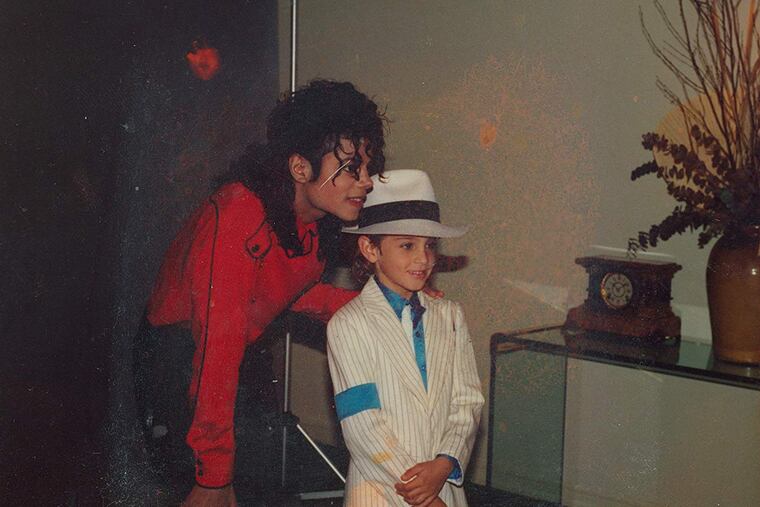After ‘Leaving Neverland': Helping male victims of sexual abuse
Males are less likely than females to report being victimized, but their suffering is no less. There is help available.

The recent HBO documentary Leaving Neverland has reignited a national conversation about boys as victims of child sexual abuse. Roughly one in 20 boys has been a victim of sexual abuse, according to the U.S. Department of Health and Human Services’ Children’s Bureau, and as many as 60 percent of those victims are abused by someone the family trusts. However, only about one-third of child sexual abuse cases are reported.
A common reason victims do not report is that they are afraid of the retaliation from the perpetrator, and of the reaction from their family and friends. While not justified, victims often blame themselves for playing a part in the abuse. This guilt usually stems from the perpetrator “grooming” the child and family by using secrecy, blame, and threats; gradually crossing physical boundaries; filling the child’s unmet needs; and isolating the child from others.
Children who were groomed feel as if they did something to cause the abuse and often rationalize the abuser’s behavior by acknowledging the gifts and special attention they received. It is also important to note that most children do not comprehend the seriousness of the victimization until they are taught about sexual norms, and often do not feel the effects of the victimization until later in life.
However, most children who undergo specialized clinical treatment tend to recover from the traumatic experience. Clinicians can help survivors understand their bodies’ response, the process of grooming, and how they were not at fault.
It is less common to find statistics and literature on how to work with abused males, who are less likely than females to report sexual abuse. The “traditionally masculine” social norm tells boys and men not to verbalize their emotions — and never to turn down sex.
If you have a male friend or loved one who is a survivor of child sexual abuse, here are some ways you can support him:
Listen. It is hard to disclose abuse, especially if they fear not being believed.
Validate emotions. Survivors face many emotions related to the abuse, and all feelings are valid -- even concern for the perpetrator.
Connect with resources. Rape crisis center services are free and confidential. Most survivors who receive treatment from a trained individual report a decrease in negative symptoms related to the abuse.
Believe them. False claims of childhood sexual assault are rare, and are actually lower than the number of children who never disclose abuse, or those who initially say abuse did not occur.
When appropriate, parents can use news articles as a conversation starter. Parents should discuss with their children personal space, good-touch/bad-touch, and what to do if someone inappropriately touches them, and have their child identify someone they will talk to if they feel uncomfortable or hear of a friend in danger.
Lisa Corbin, LPC, NPC, is an assistant professor in the department of counseling at Philadelphia College of Osteopathic Medicine, and oversees support groups for male survivors of childhood sexual abuse.